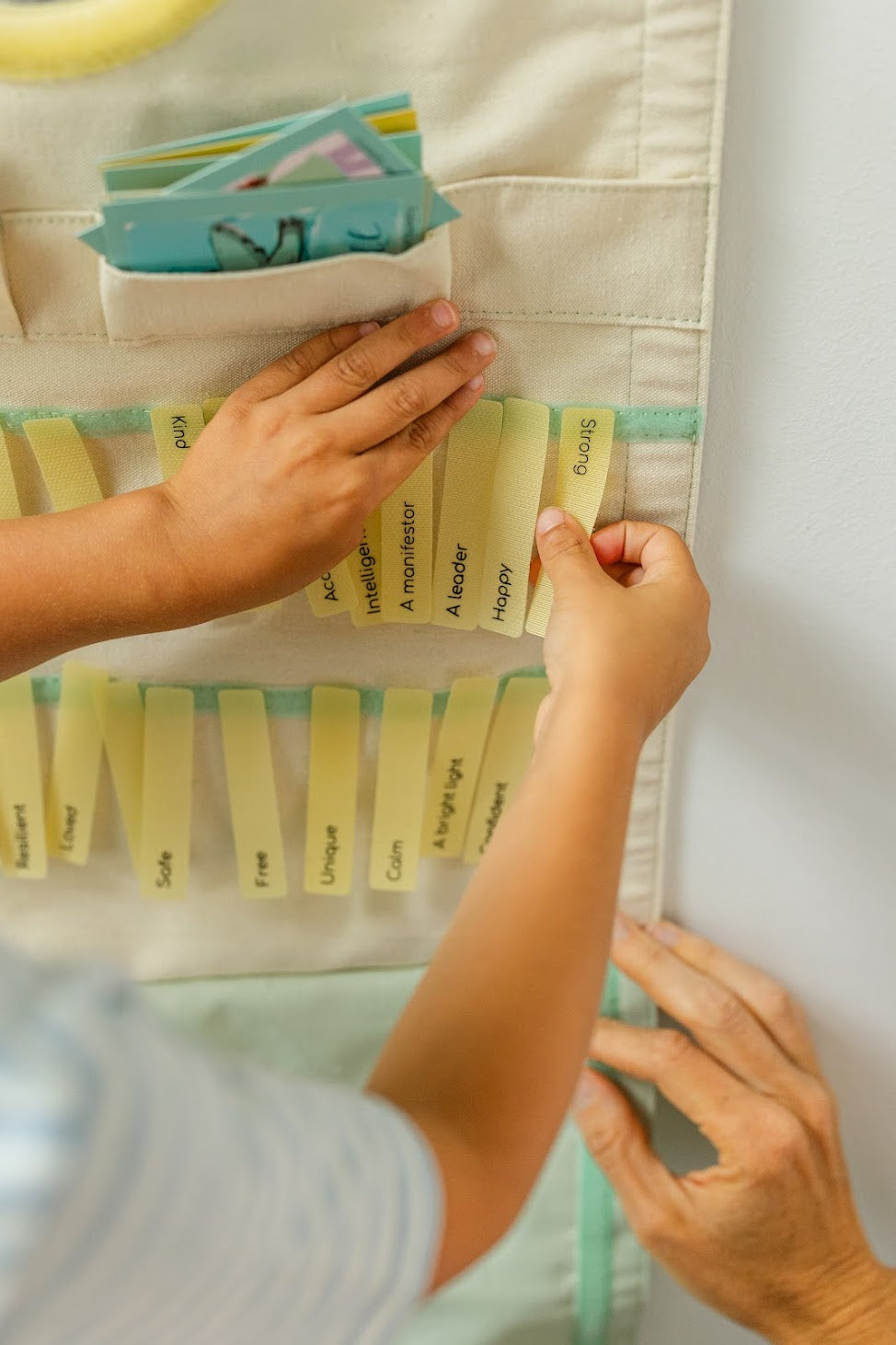Building Mental Resilience in Children: Five Pillars for Lifelong Strength

Raising children who are mentally resilient and strong is more important than ever. Mental resilience isn’t just about bouncing back from adversity; it’s about developing the inner strength and mindset to navigate life’s challenges with confidence and grace. Here are five key pillars to instill in your children to help them build the mental resilience they need to thrive.
1. Self-Empowerment: Cultivating Inner Strength
Self-empowerment is the foundation of mental resilience. It’s about teaching children that they have the power to influence their own lives. Encourage your child to make decisions, take on responsibilities, and solve problems independently. This doesn’t mean leaving them to figure everything out on their own but guiding them through the process of making choices and understanding the consequences.
Practical Tip: Provide opportunities for your child to make age-appropriate decisions. Whether it’s choosing their clothes for the day, picking a book to read, or deciding how to organize their schoolwork, these small decisions build confidence in their ability to control their environment.

2. Speaking Their Mind: The Power of Voice
Children should feel confident in expressing their thoughts, feelings, and opinions. Encouraging them to speak their mind helps them develop self-confidence and teaches them the importance of communication in relationships. It also reinforces the idea that their voice matters and that they have the right to stand up for themselves and others.
Practical Tip: Create a safe space at home where your child feels comfortable sharing their thoughts and feelings. Listen actively, validate their emotions, and encourage them to express themselves respectfully. This practice not only strengthens their communication skills but also reinforces their self-worth.

3. Embracing Failure: The Courage to Try Again
Failure is an inevitable part of life, but it’s also one of the most valuable learning experiences. Teaching children to see failure as an opportunity to grow rather than a defeat helps them develop a resilient mindset. When children understand that failure is not the end but a step toward success, they become more willing to take risks and try new things.
Practical Tip: When your child faces a setback, resist the urge to immediately fix the situation. Instead, discuss what happened, explore what they learned from the experience, and brainstorm ways to approach the problem differently next time. This process helps them see failure as a stepping stone rather than a stumbling block.

4. Willingness to Learn: The Joy of Growth
A willingness to learn is crucial for building resilience. Children who are open to new experiences, curious about the world, and eager to learn are better equipped to adapt to change and overcome challenges. Encouraging a growth mindset—where children understand that abilities can be developed through dedication and hard work—fosters a love of learning and a resilient attitude.
Practical Tip: Praise your child’s effort and persistence rather than just their achievements. Celebrate the process of learning and the progress they make, no matter how small. This approach helps them see challenges as opportunities to grow rather than obstacles to avoid.

5. Staying True to Themselves: Authenticity as Strength
In a world full of external pressures, it’s vital for children to stay true to themselves. Authenticity—being true to one’s values, beliefs, and personality—is a source of strength and resilience. When children understand who they are and feel comfortable in their own skin, they are less likely to be swayed by peer pressure or societal expectations.
Practical Tip: Encourage your child to explore their interests, values, and beliefs. Support them in pursuing activities that genuinely make them happy, even if they’re not the most popular choices. Reinforce the idea that being true to oneself is more important than fitting in with the crowd.

Conclusion: Raising Resilient Children
Building mental resilience in children is a journey that requires patience, guidance, and support. By focusing on self-empowerment, encouraging them to speak their mind, embracing failure as a learning tool, fostering a willingness to learn, and helping them stay true to themselves, you are giving your child the tools they need to navigate life’s challenges with strength and grace. Remember, resilience isn’t about avoiding difficulties—it’s about facing them head-on and growing stronger through the experience.
